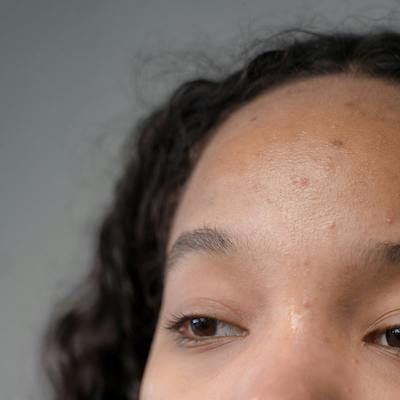Article
Data on Benefits of Dietary Exclusions for Children with AD Inconclusive
Author(s):
Investigators called for more studies which feature adequately powered trials of test-guided dietary exclusions.
Matthew J. Ridd, PhD

A recent research letter from the United Kingdom suggested that dietary exclusions for children with atopic dermatitis could have potential benefits, but that the evidence regarding these benefits was “lacking”.
Investigators cited limitations in their research, which included a narrow focus and a lack of eligible studies.
Despite this, a precedent with earlier studies that used food allergy tests to guide dietary exclusions for eczema symptoms. However, the literature surrounding exclusion diets for the treatment of atopic dermatitis was mixed.
Investigators led by Matthew J. Ridd, PhD, Population Health Sciences, University of Bristol, sought to provide an up-to-date review of any available literature to anser the research question, ““What is the value of test-guided dietary exclusions for treating established AD in children under 12 years of age?”
The Methods
From January 2006 to June 2021. Ridd and colleagues searched 2 databases, MEDLINE and EMBASE, for relevant data.
Eligibility criteria included randomized controlled trials, participants under 12 years old with established atopic dermatitis, intervention of dietary exclusions informed by allergen specific IgE blood or skin prick testing, eczema severity collected as the outcome, and comparator being children with atopic dermatitis with no test-guided dietary exclusions.
Initially, a total of 1416 records were identified for title and abstract screening. However, 1245 records were screened for eligibility after 171 duplicates were removed.
Eventually, 24 full-text papers were identified, with 2 studies meeting the inclusion criteria.
Both studies were based in the UK with the first being published in 1998. This study involved 62 participants aged 11 to 17 months, with the allocation group having underwent an egg exlusion diet for 4 weeks.
In short, investigators from the 1998 study suggested that children with atopic dermatitis and egg sensitivity would benefit from an egg exclusion diet.
The TEST study was conducted in 2019, with 84 children aged 2 months to 5 years.
Participants were randomized to either dietary advice based on allergy history and skin prick testing of 6 allergens including cow’s milk, hen’s eggs, peanut, cashew, codfish and wheat.
Eczema severity was measured at baseline and 24 weeks using Patient-Oriented Eczema Measure (POEM) and Eczema Area and Severity Index (EASI).
The Findings
Investigators considered the effect of dietary exclusion in the TEST study to be attenuated, as most participants were not advised to make any dietary changes. This, along with the absence of validated outcome measures, made for complications regarding comparisons between studies.
In contrast, the 1998 study was prospectively registered, had published protocol, and was generally better reported. However, the findings were limited and the adherence to the exclusion diet was mixed.
As such, the team called for more appropriately documented trials.
“Dietary exclusions informed by tests may benefit some children with AD but further adequately powered trials of test-guided dietary exclusions for established AD in children are needed to make robust conclusions,” the team wrote.
The research letter, “Test-guided dietary exclusions for treating established Atopic Dermatitis in children: A systematic Review,” was published online in Clinical and Experimental Allergy.





